The Many Faces of Skin Cancer: 5 Women Around the World Tell Their Survival Stories
Proof that skin cancer does not discriminate.
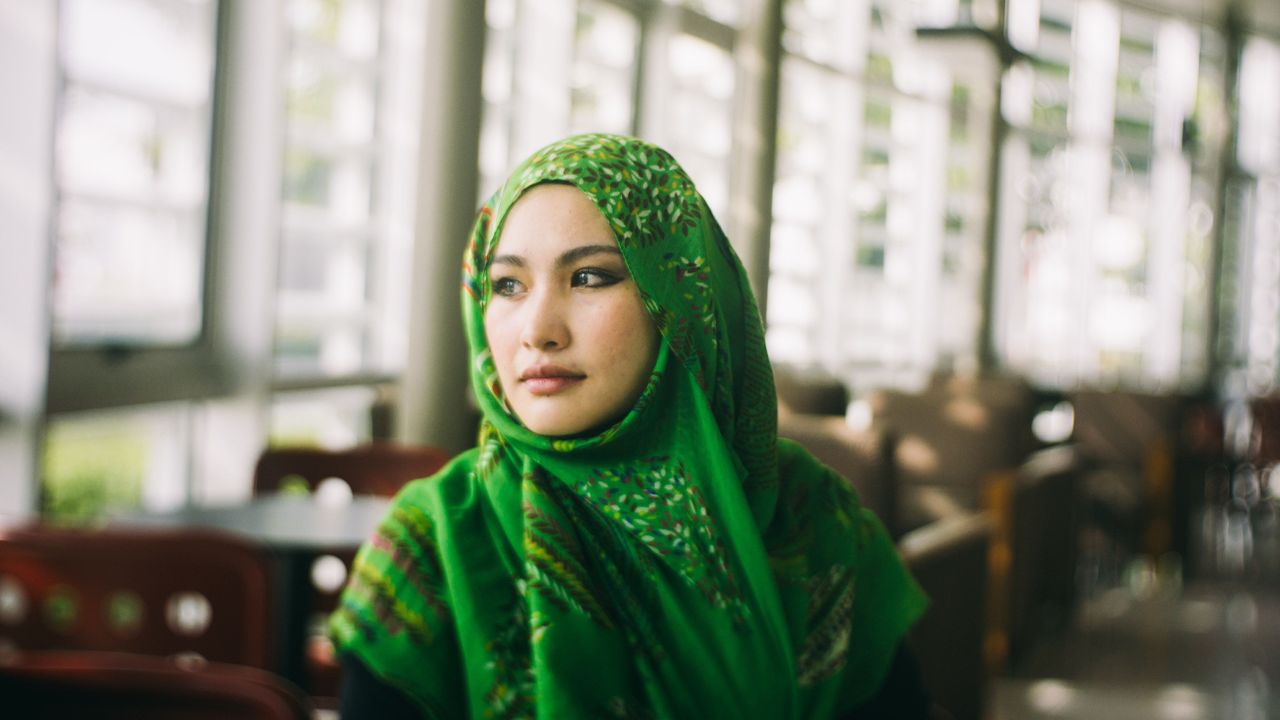
Here in the United States, melanoma cases have skyrocketed, with rates doubling over the last three decades. Nearly half of all Americans who live to age 65 will have non-melanoma skin cancer at least once, according to the National Cancer Institute.
But despite the danger, some women still scoff at the stats, assuming that skin cancer is a Caucasian concern alone. It's one big, wildly unsafe myth.
The World Health Organization reports that between 2 and 3 million non-melanoma skin cancers and 132,000 melanoma skin cancers occur globally each year. This number includes regions like Latin America and the Philippines, where skin tones tend to be darker—and the assumption is that there's lower risk as a result.
"Women think that deeper skin tones have added protection," says Marcy Street, MD, Skin Cancer Foundation spokesperson and Michigan-based dermatologist. "The natural sun protection factor (SPF) for a person of color is about 13, and since an SPF of 15-30 is essential for everyone, you can see that this natural protection falls well below what's recommended."
That said, we're charging women of color to stock up on SPF ASAP (we like L'Oréal Paris Advanced Suncare Clear Cool Lotion SPF 30 because it's completely clear, so there's no chance that ashy halo will hover over darker skin tones), and keep an eye on any changes in your skin—especially in the most unexpected places. "Since acral melanomas are more prevalent in darker skin types, it is important to pay special attention to pigmentation in the following unique locations: your nail folds and nail beds, the palms of your hands and soles of your feet, between your fingers and toes, your lips and inside your mouth, and your groin area," says NYC-based dermatologist Shilesh Iyer, MD.
Here, meet five women—with ancestors in India, Africa, the Netherlands, Japan, and more—who drive home the harsh reality that skin cancer does not discriminate.
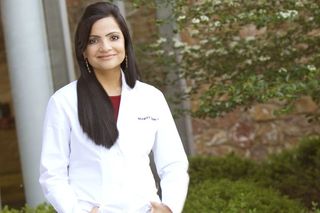
Age at diagnosis: 33
Stay In The Know
Get exclusive access to fashion and beauty trends, hot-off-the-press celebrity news, and more.
As a dermatologist of Indian descent, Dr. Tareen knew everything there was to know about skin cancer. When an abnormal lesion developed while she was pregnant, she knew to get checked—stat.
Her story:
"Though skin cancer is rare in my culture, I know that melanoma is one of the most common malignancies found in pregnant women. So when I noticed a new mole had developed on the sole of my foot during my second pregnancy, it was a bit scary. I saw that the mole was growing and quickly had it removed. Luckily, it was detected in the pre-cancer stage—otherwise, it could have caused significant morbidity, as cancer can spread quickly during pregnancy."
Her message:
"Women with brown skin tones: Even you need regular full-skin checks! I have several patients of color with pre-cancers and skin cancers."
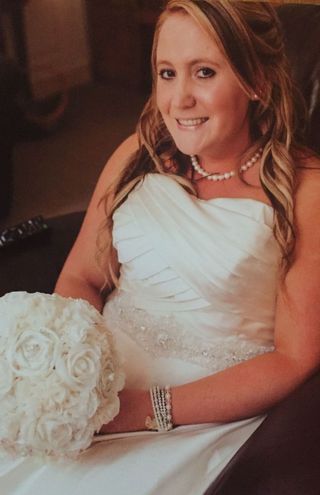
Age at diagnosis: 23
It wasn't until Sam's diagnosis that the Aussie learned about her family's long history of melanoma.
Her story:
"Australia has one of the highest rates of skin cancer in the world. Growing up here, I knew about the dangers of the disease so I never baked in the sun. Even still, I was diagnosed with melanoma, the deadliest kind of skin cancer, in my early 20s. My great-grandfather died of melanoma, and my aunt had it in the same place as mine. When I noticed that a mole on the back of my leg had changed shape and size, my gut feeling was that something was wrong. A dermatologist in Sydney did a biopsy and later diagnosed me with stage II melanoma. Because the cancer had spread to my groin, I had to have all the lymph nodes in my left leg removed, leaving me with lymphedema, a painful and uncomfortable swelling in my left leg. I now have to manually drain my leg because there aren't any lymph nodes to do it for me anymore."
Her message:
"I urge people to trust their instincts. I recently had two moles change on my legs. My doctor wasn't sure but sent me to the dermatologist for a second opinion, and the results came back as possible pre-melanoma. Sometimes you need to fight for your health because you know your body better than anyone else."
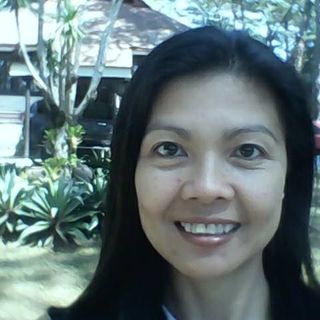
Age at diagnosis: 44
With her Filippino complexion, Racquel relied on makeup and creams with SPF as her main source of sun protection. Unfortunately, that wasn't enough.
Her story:
"A year ago, I noticed a new mole growing on my right cheek. It wasn't noticeable until I accidentally scratched it while washing my face. It wounded like a pimple at first but then got bigger, deeper, and developed into a sore. Some friends even questioned whether I had chicken pox. Dr. Krisinda Dim-Jamora, a skin cancer specialist here in the Philippines, performed a biopsy and diagnosed me with basal cell carcinoma, nodular. Luckily, the cancer was completely excised."
Her message:
"Do everything you can to protect your skin from the harmful effects of sun exposure, and make time to examine your body for any abnormalities like unusual rashes and moles."
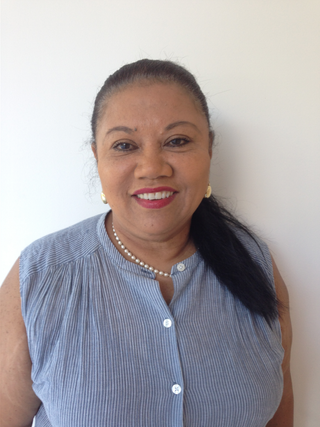
Age at diagnosis: 62
Born in Kyoto to a Japanese mother and an African-American father, Jane grew up thinking that her roots spared her from the risk of skin cancer.
Her story:
"As a kid, I spent more time swimming, fishing, and crabbing than anything—without a drop of sunscreen on. Instead, I slathered on iodine and baby oil. My Japanese mother never even thought to rub me down with sunscreen. Last year, I noticed that my shoulder area was abnormally itchy, and a strangely colored ring appeared—right where the strap of my bathing suit hit. After a visit to a dermatologist, I was diagnosed with basal cell carcinoma. The doctor was able to remove the cancerous cells but I've been prohibited from spending extended periods of time outdoors, which keeps me from doing all of the activities that I love most."
Her message:
"If I had one wish, it'd be for primary schools to have a curriculum for skin-cancer awareness. They taught us about hygiene, periods, and other everyday lessons—except how to protect your skin, which is probably the simplest of all."
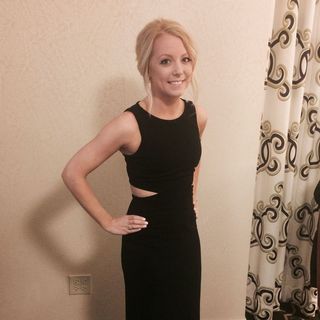
Age diagnosed: 22
Jenelle, an American of Dutch descent, was addicted to tanning—until she was diagnosed with stage I melanoma.
Her story:
"I'll admit it: I liked my skin tone more when it was a few shades darker. On beach vacations, I'd spread on a teeny amount of sunscreen and a whole lot of tanning oil. At my age, skin cancer was just not a big concern. Last year, I noticed that a mole on my shin was changing shapes and colors, so I had it checked out. My dermatologist took a biopsy of the mole and two weeks later I was diagnosed with stage I melanoma. I remember sitting in the waiting room at the University of Chicago Medical Center and being, by far, the youngest patient there. Recovery was long and painful—I couldn't do anything because I had to keep my leg elevated for weeks. I have to see my dermatologist every other month for a full-body check now, but I'm just so glad the surgery was successful."
Her message:
"My advice for anyone who thinks they're immune to skin cancer? You're not! My skin is fairer than ever now, but I've grown to love it because I would never want to go through this experience again."
-
 The Hilarious Reason Prince William Got Banned From His Local DVD Store at University
The Hilarious Reason Prince William Got Banned From His Local DVD Store at UniversityThe royal reportedly got into trouble after hiring 2002 comedy 'Boat Trip'—and his bodyguards were no help at all.
By Amy Mackelden Published
-
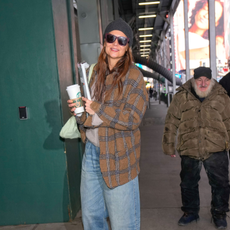 Katie Holmes Proved the Naked Manicure Is a Seasonless Staple
Katie Holmes Proved the Naked Manicure Is a Seasonless StapleThis one is for the minimalists.
By Ariel Baker Published
-
 King Charles is "Keen" to Keep These Royals in the Fold Even if They'll Never Get "Full-Time" Roles
King Charles is "Keen" to Keep These Royals in the Fold Even if They'll Never Get "Full-Time" RolesDespite a "slimmed-down" monarchy, these two aren't going anywhere.
By Kristin Contino Published
-
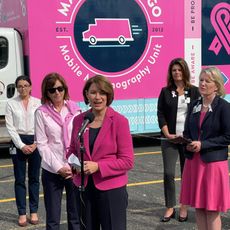 Senator Klobuchar: "Early Detection Saves Lives. It Saved Mine"
Senator Klobuchar: "Early Detection Saves Lives. It Saved Mine"Senator and breast cancer survivor Amy Klobuchar is encouraging women not to put off preventative care any longer.
By Senator Amy Klobuchar Published
-
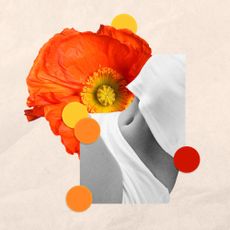 I'm an Egg Donor. Why Was It So Difficult for Me to Tell People That?
I'm an Egg Donor. Why Was It So Difficult for Me to Tell People That?Much like abortion, surrogacy, and IVF, becoming an egg donor was a reproductive choice that felt unfit for society’s standards of womanhood.
By Lauryn Chamberlain Published
-
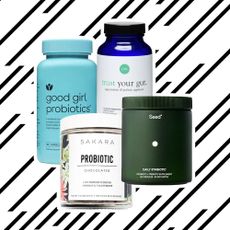 The 20 Best Probiotics to Keep Your Gut in Check
The 20 Best Probiotics to Keep Your Gut in CheckGut health = wealth.
By Julia Marzovilla Published
-
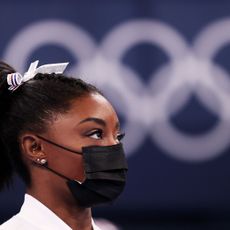 Simone Biles Is Out of the Team Final at the Tokyo Olympics
Simone Biles Is Out of the Team Final at the Tokyo OlympicsShe withdrew from the event due to a medical issue, according to USA Gymnastics.
By Rachel Epstein Published
-
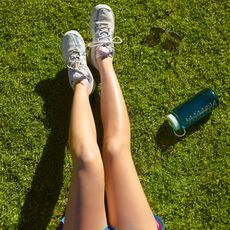 The Truth About Thigh Gaps
The Truth About Thigh GapsWe're going to need you to stop right there.
By Kenny Thapoung Published
-
 The High Price of Living With Chronic Pain
The High Price of Living With Chronic PainThree women open up about how their conditions impact their bodies—and their wallets.
By Alice Oglethorpe Published
-
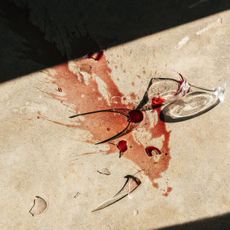 I Used to Imagine Murdering the Men I Dated
I Used to Imagine Murdering the Men I DatedFalling in love helped me finally figure out why.
By Jessica Amento Published
-
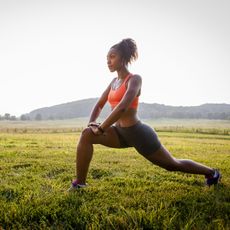 60 Workout Apps for Women Who Want Results (Without a Gym Membership)
60 Workout Apps for Women Who Want Results (Without a Gym Membership)Easy fitness plans you can follow without fear of judgment.
By Bianca Rodriguez Published